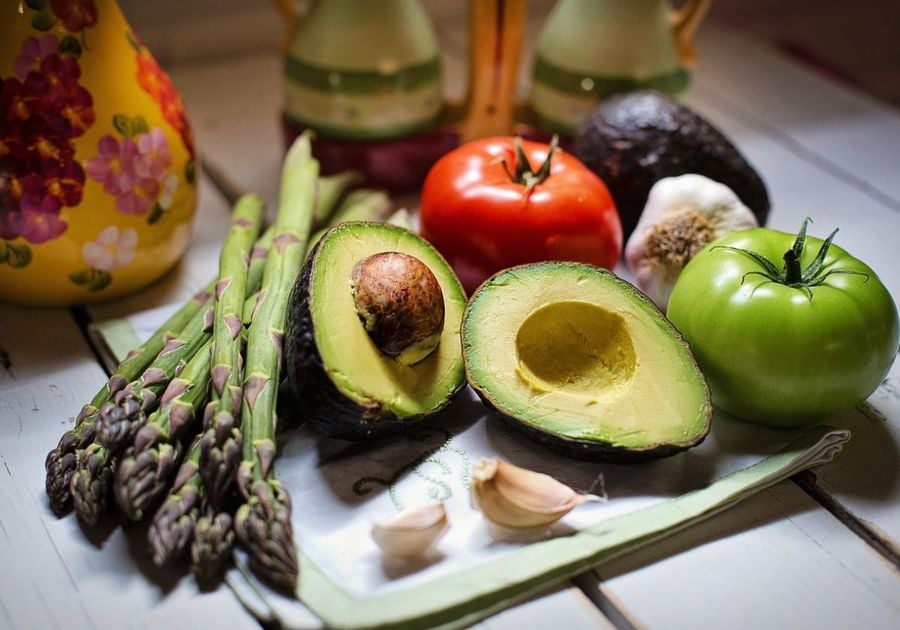It seems that there is still a bit of confusion between vegetarians and vegans. Being vegan means adhering to a lifestyle that avoids the use of animal products for ethical, environmental, or health reasons. Vegans do not consume or use products derived from animals, whereas some vegetarians still consume some animal products in their diet.
Vegan Diet:
Foods Vegans Eat:
- Fruits and Vegetables: All kinds of fresh, frozen, dried, and canned fruits and vegetables.
- Grains and Cereals: Rice, quinoa, oats, barley, wheat, and products made from them like bread, pasta, and cereals.
- Legumes: Beans, lentils, chickpeas, peas, and peanuts.
- Nuts and Seeds: Almonds, cashews, walnuts, chia seeds, flaxseeds, and hemp seeds.
- Plant-based Proteins: Tofu, tempeh, seitan, and plant-based meat substitutes made from soy, wheat, or peas.
- Dairy Alternatives: Almond milk, soy milk, oat milk, coconut milk, vegan cheese, and yogurt.
- Fats and Oils: Olive oil, coconut oil, avocado oil, and plant-based margarine.
- Sweeteners: Maple syrup, agave nectar, and sugar (if it's not processed with bone char).
- Beverages: Water, coffee, tea, fruit juices, and plant-based milks.
Foods Vegans Avoid:
- Meat and Poultry: Beef, pork, lamb, chicken, turkey, and other animal flesh.
- Fish and Seafood: Fish, shrimp, crab, lobster, and other sea creatures.
- Dairy Products: Milk, cheese, butter, yogurt, and ice cream derived from animal milk.
- Eggs: Eggs from chickens, ducks, and other birds.
- Honey: Honey produced by bees.
- Animal-derived Ingredients: Gelatin, which is made from animal bones and connective tissue; casein and whey, which are milk proteins; and certain food colorings and additives.
Vegan Lifestyle:
Products and Practices Vegans Avoid:
- Clothing: Leather, wool, silk, fur, and down.
- Cosmetics and Toiletries: Products tested on animals or containing animal-derived ingredients like beeswax, lanolin, and certain dyes.
- Household Items: Products made from animal parts or tested on animals.
- Entertainment: Zoos, circuses, and other forms of entertainment that exploit animals.
Reasons for Being Vegan:
- Ethical Reasons: Concern for animal welfare and opposition to animal cruelty and exploitation.
- Environmental Reasons: Reducing the environmental impact of animal agriculture, which includes greenhouse gas emissions, deforestation, and water usage.
- Health Reasons: Potential health benefits such as a lower risk of heart disease, hypertension, type 2 diabetes, and certain cancers.
Vegans typically focus on consuming a variety of whole foods to ensure they get all the necessary nutrients. They may also take supplements, particularly for nutrients like vitamin B12, vitamin D, and omega-3 fatty acids, which are harder to obtain from a vegan diet alone. All vegans are vegetarians, but not all vegetarians are vegans.






